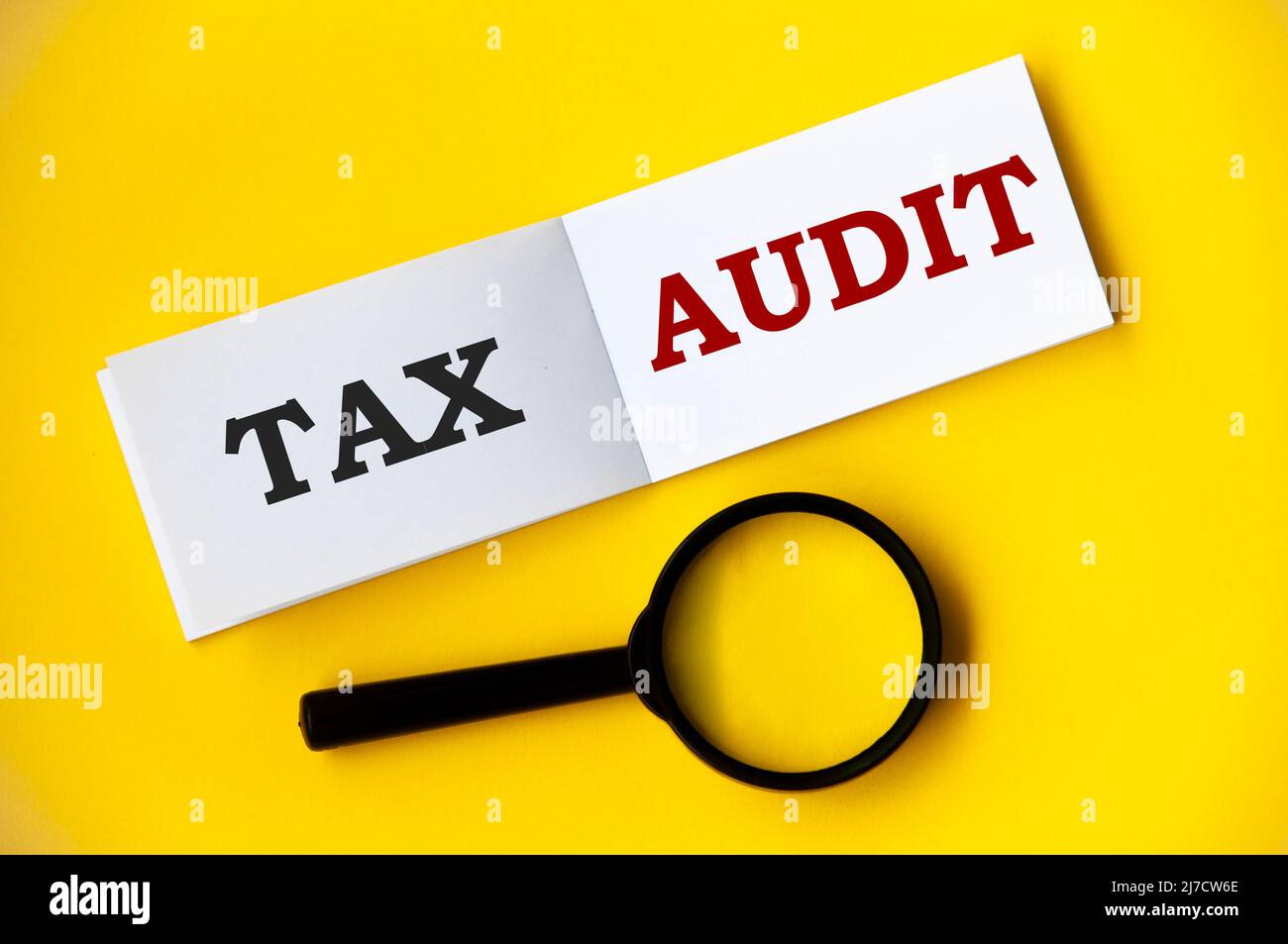"LANDMARK TAX CASE: LAHORE HIGH COURT STRIKES DOWN UNFAIR SALES TAX ASSESSMENT – A DEEP DIVE INTO LEGAL PROCEDURAL FAIRNESS (SALES TAX ACT, 1990 & GENERAL CLAUSES ACT, 1897)"
CASE SUMMARY: SABIR PRESS CALENDAR VS. COMMISSIONER INLAND REVENUE, FAISALABAD & OTHERS, LAHORE HIGH COURT CASE NO: STR NO. 73619 OF 2024 DECIDED ON: 11TH DECEMBER 2024.
Table of Contents
1. Background of the Case
2. Parties Involved
3. Legal Issues
4. Key Facts
5. Applicable Laws and Sections
6. Court's Reasoning
7. Final Decision
8. References Cited
9. Key Takeaways
1. Background of the Case
Sabir Press Calendar, a taxpayer
registered under the Sales Tax Act, 1990, was accused of underreporting sales
in its tax records. The tax authorities compared the taxpayer's income tax and
sales tax returns and identified discrepancies, leading to a demand for
additional tax payments.
The dispute escalated through
various tax forums, with the taxpayer arguing that the authorities acted beyond
their jurisdiction and did not provide a fair hearing. The case eventually
reached the Lahore High Court for adjudication.
2. Parties Involved
·
Petitioner: Sabir Press Calendar
·
Respondents: Commissioner Inland Revenue,
Faisalabad & Others
·
Applicant's
Counsel:
Mr. Shahbaz Butt, Advocate
·
Respondents'
Counsel:
Mr. Shahid Sarwar Chahil, Advocate
3. Legal Issues
1. Failure to Issue a Speaking Order
o Whether the Appellate Tribunal
failed to provide a reasoned and well-founded order as required under Section 24-A of the General
Clauses Act, 1897.
2. Scope of Show Cause Notice &
Right to be Heard
o Whether the tax authorities acted
beyond their jurisdiction by making determinations beyond the allegations in
the original Show
Cause Notice.
3. Determination of Taxable Supplies
o Whether a tax liability can be
imposed solely based on a difference between declared sales in Income Tax Returns
and Sales Tax
Returns.
4. Key Facts
·
Sabir
Press Calendar, an Association
of Persons (AOP), was issued a Show Cause Notice alleging suppression/concealment
of sales tax.
·
The
tax department demanded Rs.
3,632,281 in unpaid sales tax, along with penalties and default
surcharge.
·
The
taxpayer argued that:
o The alleged difference in sales was due to a
mismatch in reporting periods.
o Tax authorities imposed liability
without proving
taxable supplies.
o The Appellate Tribunal's order lacked
reasoning, violating legal standards.
·
The
Lahore High Court reviewed whether procedural fairness was followed.
5. Applicable Laws and Sections
Income Tax Ordinance, 2001
·
Section
133(1):
Allows references to the High Court on legal questions arising from tribunal
decisions.
·
Section
132: Deals
with the Appellate Tribunal's powers and decisions.
Sales Tax Act, 1990
·
Section
3, 6, 7:
Governs tax liability and input tax adjustments.
·
Section
11(2):
Authorizes the recovery of unpaid sales tax.
·
Section
22, 23, 26:
Covers record-keeping and invoice requirements.
·
Section
33, 34: Prescribes
penalties and default surcharge.
·
Section
46, 47, 47(5):
Deals with appellate and review mechanisms.
General Clauses Act, 1897
·
Section
24-A: Mandates
that all administrative decisions must be reasoned and justifiable.
6. Court's Reasoning
·
Lack
of Speaking Order:
o The Appellate Tribunal
failed to issue a detailed decision explaining its reasoning.
o Under Section 24-A, tax
authorities must provide proper justification, which was missing.
·
Violation
of Procedural Fairness:
o The taxpayer’s defense raised new
factual issues.
o The tax department should have
issued a supplementary
Show Cause Notice before making a new determination.
·
Improper
Basis for Tax Liability:
o A difference in declared sales between
income tax and sales tax returns does
not automatically indicate tax evasion.
o The tax department failed to
establish that the alleged discrepancies were taxable supplies under the Sales Tax Act, 1990.
7. Final Decision
·
The
Lahore High Court set
aside the Appellate Tribunal's order, ruling it legally
unsustainable.
·
The
court remanded the
case for reconsideration, directing authorities to:
o Issue a reasoned speaking order.
o Adhere to procedural fairness
by issuing a fresh or supplementary Show
Cause Notice if new allegations arise.
o Ensure that taxable supplies are established
before imposing sales tax liability.
8. References Cited
Key Precedents
·
Messrs
Fateh Yarn (Pvt.) Ltd. v. Commissioner Inland Revenue, Faisalabad (2021 PTD
1392)
o A tax order is void if based on
grounds not
mentioned in the Show Cause Notice.
·
Commissioner
Inland Revenue v. Messrs Rose Food Industries (2023 SCMR 2070)
o Authorities cannot impose tax based on
assumptions without clear evidence.
·
High
Court of Judicature at Allahabad (2023 SCC OnLine (All) 2479)
o The right to a fair hearing is a
fundamental legal principle.
·
Supreme
Court of India – Board of High School and Intermediate Education v. Kunari
Chitra Srivastava (1970 SCC 121)
o Natural justice must be followed even if
burdensome.
9. Key Takeaways
1. Tax Authorities Must Provide
Justifications:
o A “speaking order” is mandatory
under Section 24-A.
2. Scope of Show Cause Notice
Matters:
o New allegations require a supplementary notice.
3. Income vs. Sales Tax Differences:
o Differences in declared sales
alone do not prove
tax evasion.
4. Fair Adjudication is Essential:
o Taxpayers must be given the right to respond
before imposing liability.
5. Judicial Precedents Reinforce
Fairness:
o Courts consistently rule against arbitrary tax assessments.
Conclusion
This case highlights the
importance of procedural fairness in tax adjudication. Authorities must adhere
to due process,
issue reasoned
decisions, and ensure that taxpayers are given a fair chance to
defend themselves. The Lahore High Court’s ruling reinforces taxpayers’ rights
and sets a precedent for more transparent tax proceedings.

Comments
Post a Comment